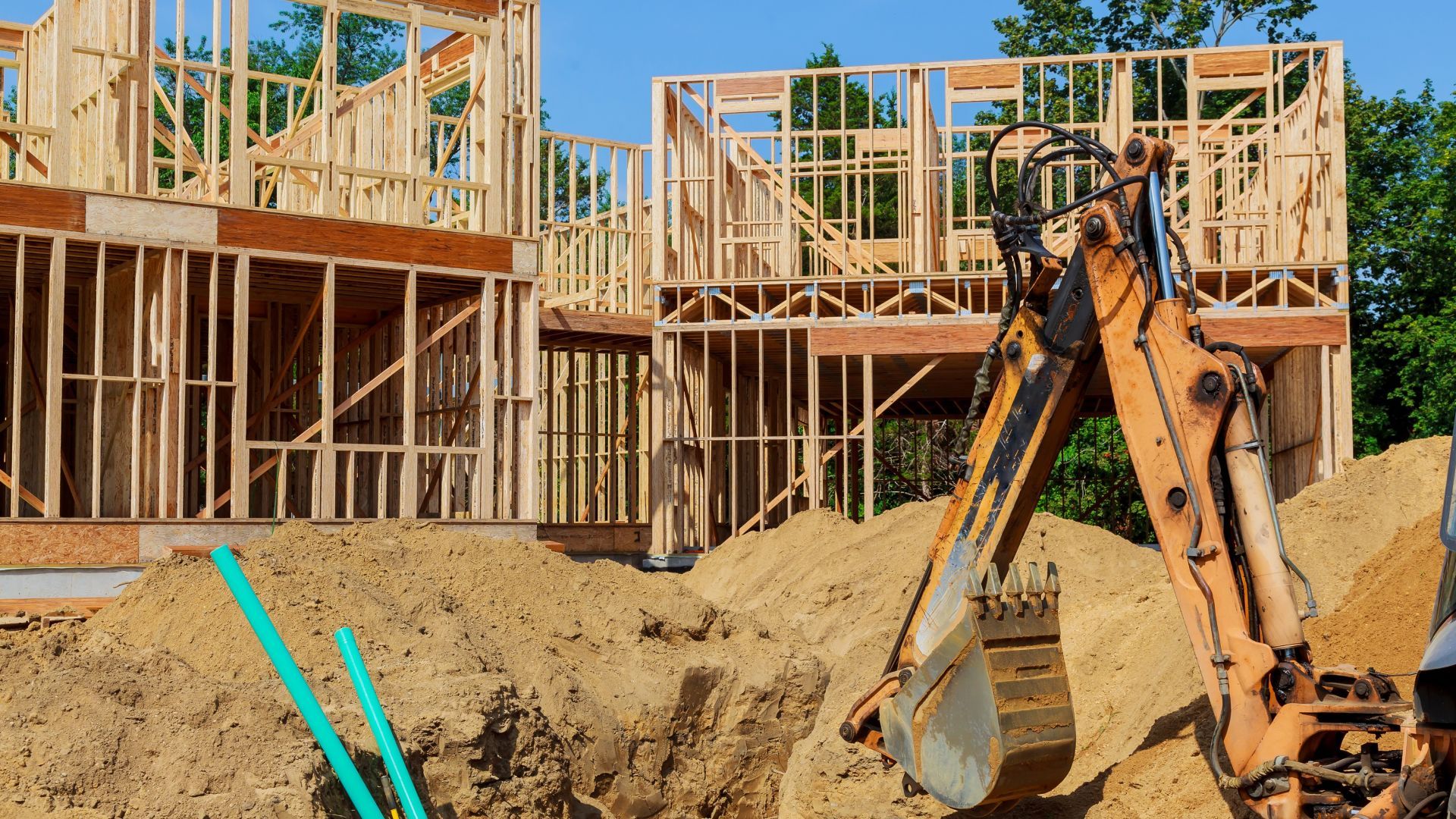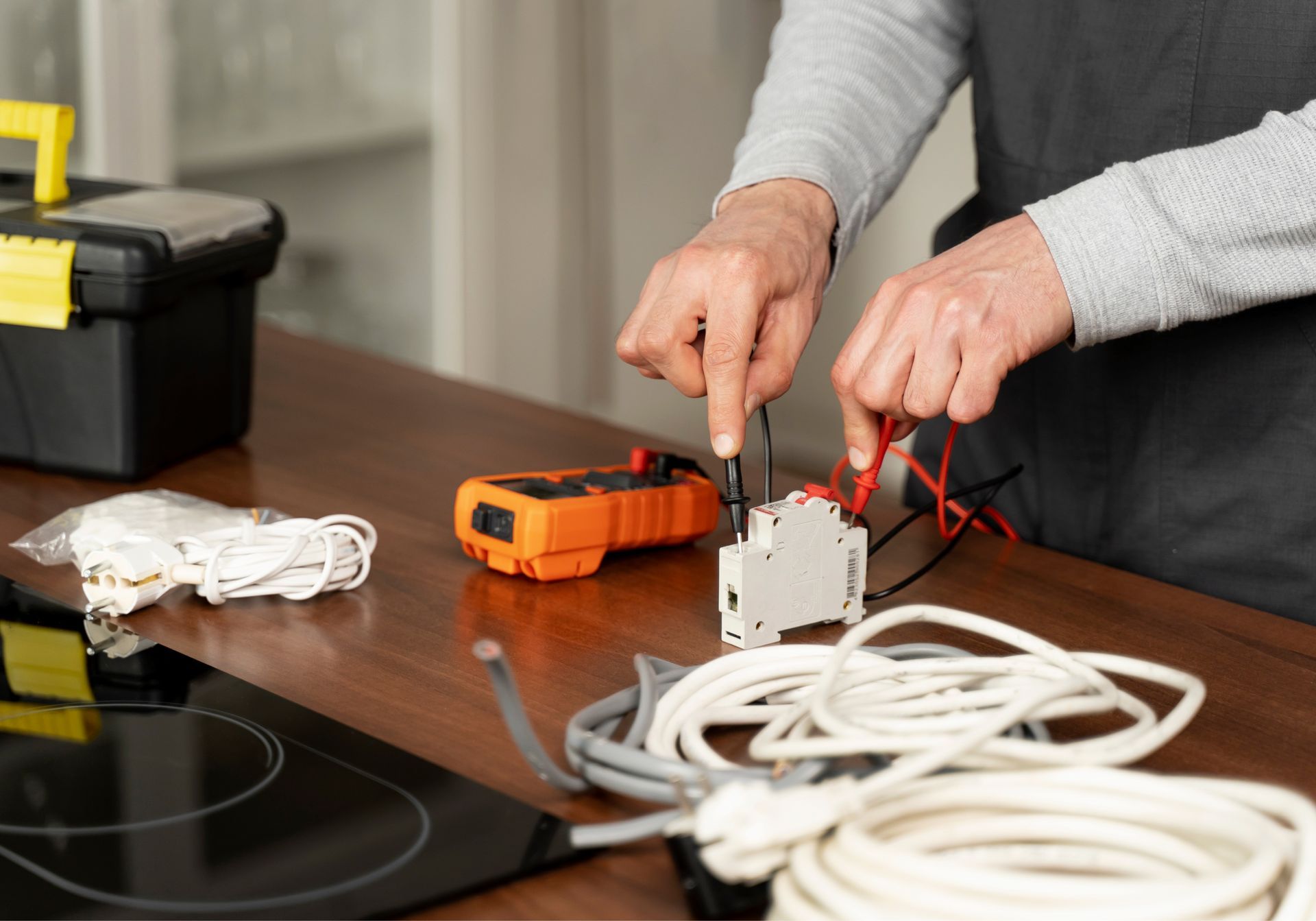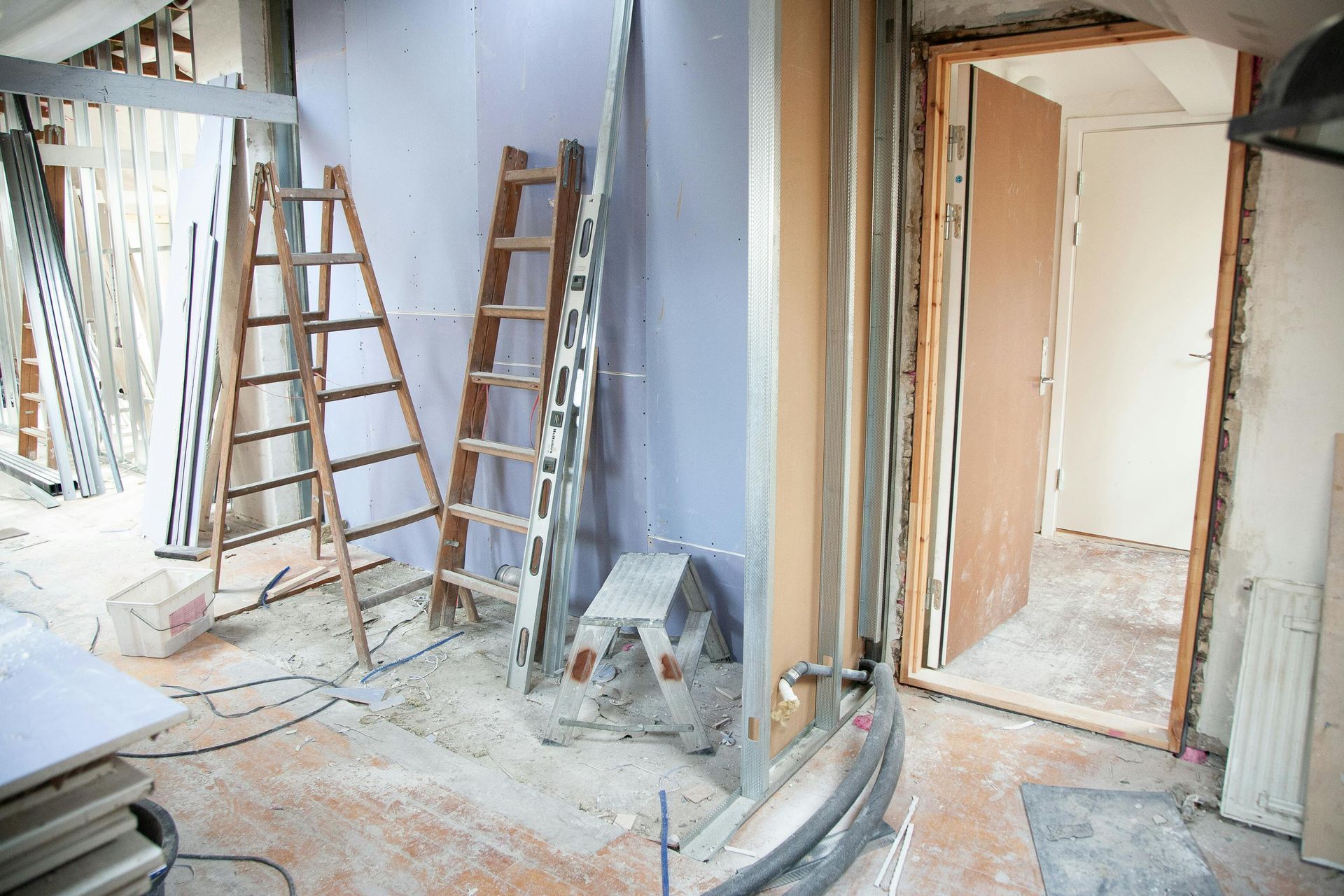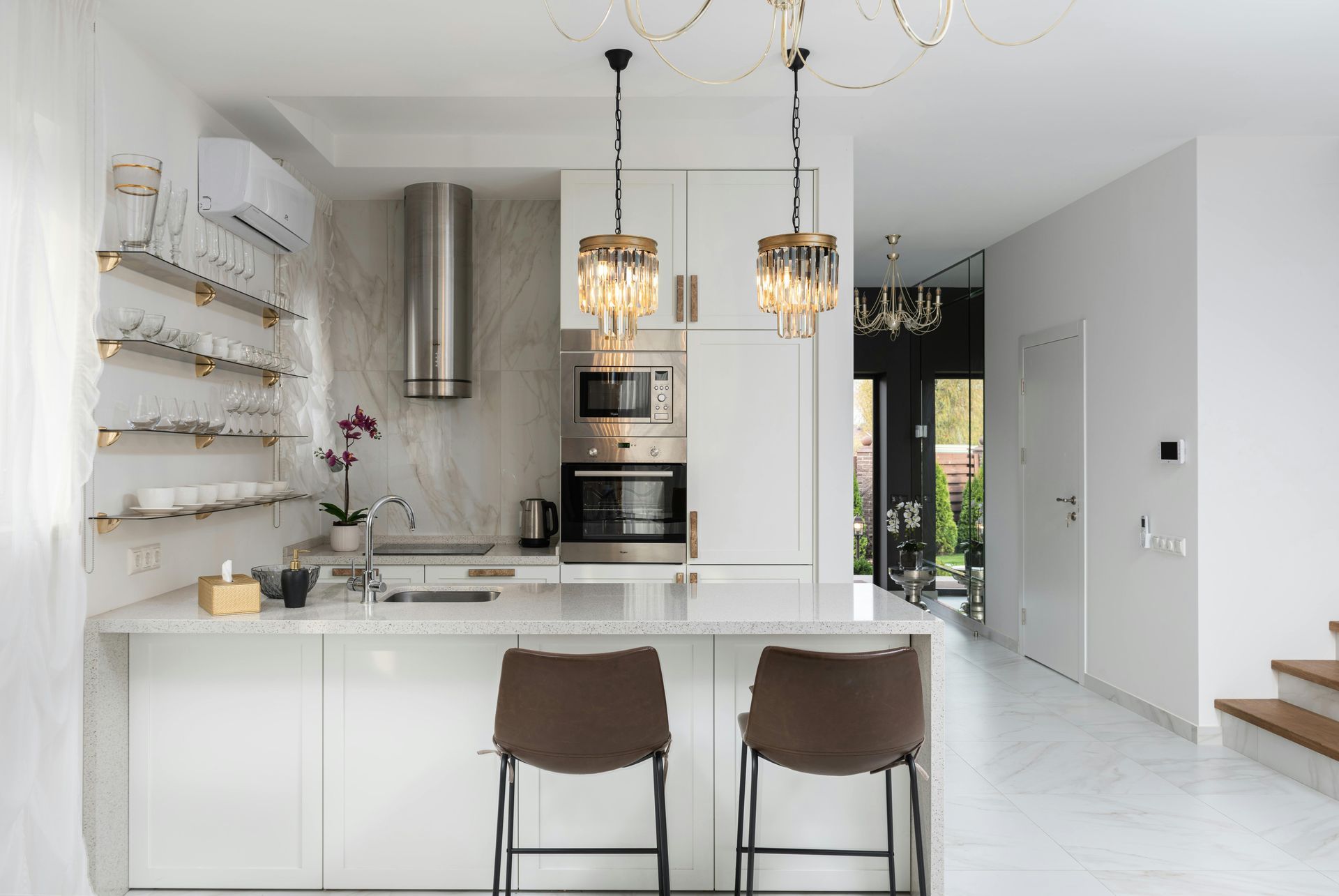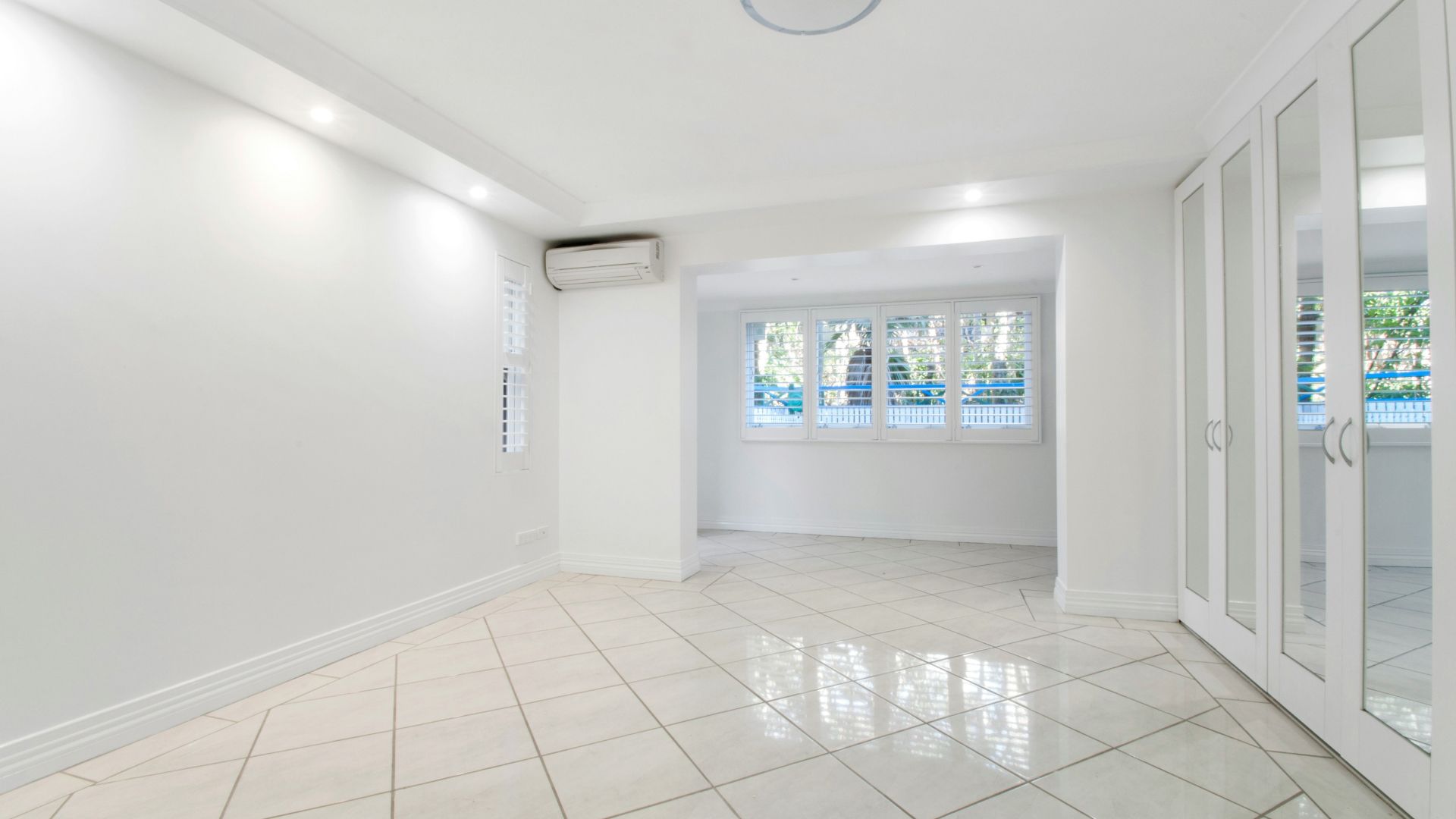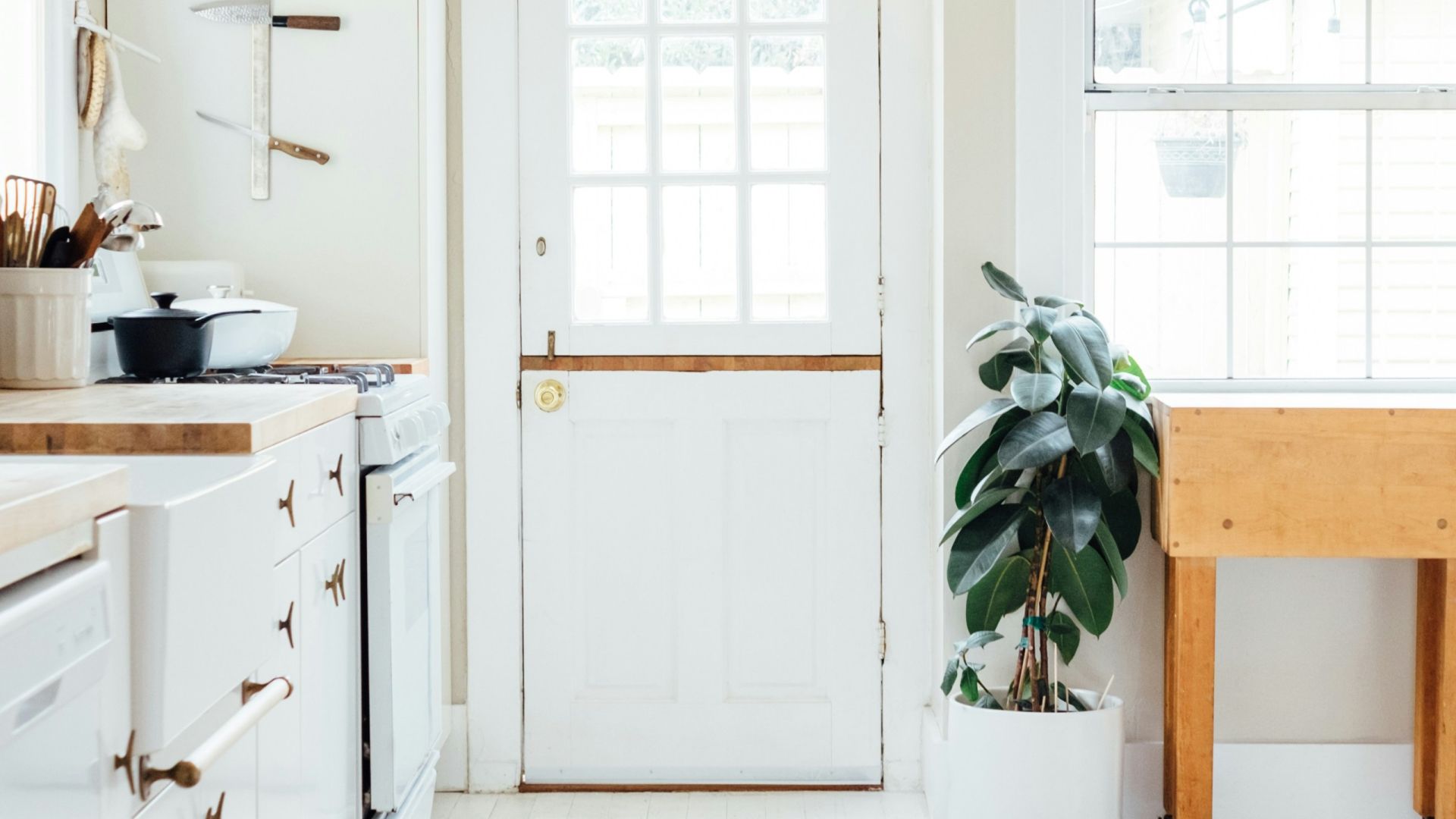Home Remodeling vs Renovation
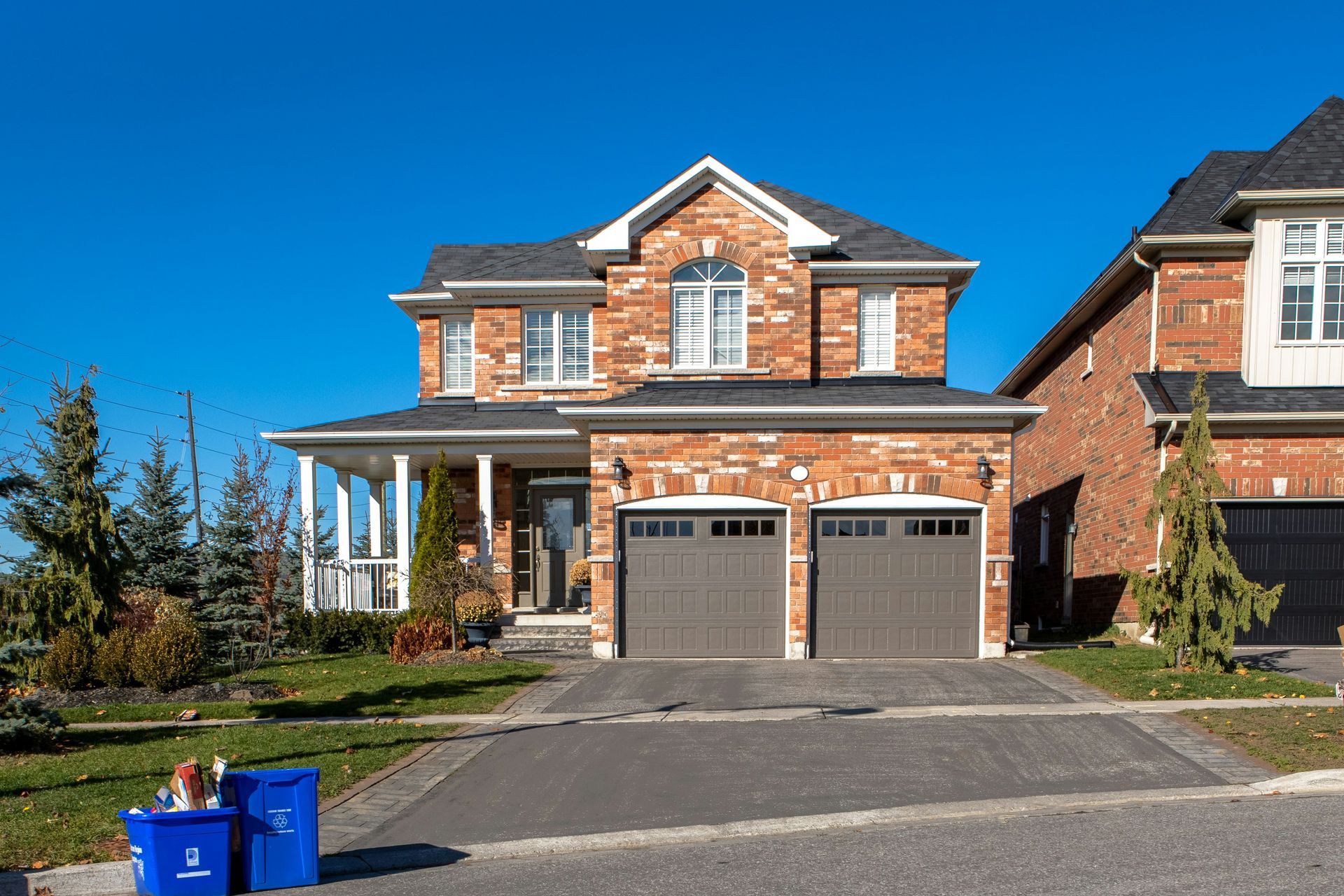
Introduction
When you look around your home, do you dream of making big changes? Maybe you imagine knocking down a wall to create a spacious living room, or perhaps you think about updating your kitchen with a fresh coat of paint and new cabinets. In the world of home improvement, these dreams fall into two categories: remodeling and renovation. But what exactly do these terms mean, and more importantly, how do you decide which one is right for your home?
At first glance, remodeling and renovation might seem interchangeable. However, they cater to different kinds of home improvement needs. Remodeling often involves significant structural changes. It's about transforming the layout and functionality of a space. For instance, if you're considering turning your attic into an extra bedroom, that's remodeling. On the other hand, renovation focuses on restoring or updating your home. It usually doesn't involve altering the structure. So, if your plan is to give your bathroom a new look with updated fixtures and a modern tile floor, you're thinking of renovating.
The choice between remodeling and renovation impacts not just the final look of your project, but also the time, cost, and effort involved. This article aims to provide clear, straightforward guidance to help you make an informed decision. Whether you're looking to create your dream home or increase its value with some smart improvements, understanding the distinction between remodeling and renovation is the first step on your home improvement journey.
Understanding the Basics
What is Home Remodeling?
Imagine you're playing a game where you can change the layout of your house by moving walls or even adding new rooms. That's what home remodeling is like. It's all about making big changes to the structure and design of your house. For example, if you find that your kitchen is too small and you want to expand it by knocking down a wall, you're stepping into the realm of remodeling. It's not just about making things look different; it's about changing how your house functions.
Remodeling can be as simple as converting a spare bedroom into a cozy home office, or as complex as building a whole new section onto your house. It's about reimagining your space to better fit your needs. However, these changes can be quite big, and they often require the help of professionals like architects or builders. That's because when you change the structure of your house, there's a lot to think about – like electrical wiring, plumbing, and making sure everything is safe and up to code.
What is Home Renovation?
Now, think of home renovation as giving your house a makeover. It’s about taking what's already there and sprucing it up. Renovation involves fixing things up and giving them a new look or function, but without major structural changes. It’s like when you decide to paint your living room a new color, replace the old carpet with hardwood flooring, or get modern appliances for your kitchen.
Renovation is often less about changing your home's layout and more about updating and repairing. It’s perfect for when your home is generally fine the way it is, but some areas need a little TLC (tender loving care). Many renovation projects are more accessible to do-it-yourself enthusiasts because they don’t usually require drastic changes or specialized skills. You might still need professionals for some tasks, like installing new plumbing fixtures, but there’s also plenty you can do on your own if you're handy.
Both remodeling and renovation have their own perks and challenges. Remodeling lets you drastically change your space, which can be exciting and rewarding. But it often involves a bigger budget and more complex planning. Renovation, while generally less costly and simpler, can still significantly enhance the look and feel of your home without the need for extensive changes. The key is to figure out what your home needs and what aligns best with your goals and budget.
Assessing Your Home’s Needs
Deciding between remodeling and renovating starts with a good look at your home. What does it really need? Let's break down how to assess your home's specific needs to make the best choice.
Identifying Structural Issues and Layout Flaws
Start by looking at the bones of your house – that means the structure and layout. Do you have rooms that are awkwardly placed, like having to walk through a bedroom to get to the bathroom? Or maybe parts of your house that just don't work well, like a kitchen where you can't open the fridge and the oven at the same time? These are signs that remodeling might be the way to go.
Structural issues are another big sign. Maybe your floors are uneven, or there are cracks in the walls – these can be symptoms of deeper problems that might require remodeling to fix. It's not just about making your house look better, but making sure it's safe and sound.
Remember, remodeling is a big deal. It's about changing the actual structure of your home, and that's a big job. It can be costly and time-consuming, but if your home has these kinds of problems, it might be necessary.
Recognizing Areas for Improvement
Now, if your house is structurally sound but just feels a bit outdated, renovation might be the answer. This is about updating and repairing what's already there.
Look around your home. Are your kitchen cabinets looking shabby? Does your bathroom feel old and tired? These are perfect candidates for renovation. It's about taking what you have and giving it a fresh, new look. You'd be surprised how much of a difference a new coat of paint, some new tiles, or updated fixtures can make.
Renovation can often be more budget-friendly than remodeling. It's about working with what you have, rather than making big structural changes. And if you're handy, there's a lot you can do yourself, like painting or changing out hardware.
Budget Considerations
When you’re thinking about changing up your home, whether it’s remodeling or renovating, one of the biggest things to consider is your budget. How much money can you spend on this project? Let's look at how you can plan your budget for both options.
Estimating Costs for Remodeling
Remodeling usually costs more than renovating because you're making bigger changes. Think about it like this: if you're adding a room or knocking down walls, you're not just paying for new materials like bricks or paint. You might need an architect to draw up plans, a builder to do the work, an electrician to sort out the wiring, and maybe even a plumber. All these experts cost money.
Also, there's the materials themselves. If you're building something new, you need to buy everything that goes into that – from the wood for the frame to the tiles for the roof. It's like building a part of your house all over again.
A good way to start is to figure out what exactly you want to change and then get some quotes from contractors. They can give you an idea of how much your remodeling project might cost. But remember, it's always a good idea to have a little extra set aside in your budget. With big projects like this, unexpected costs can pop up.
Budgeting for Renovation
Renovation can be more wallet-friendly, but it still needs careful planning. Say you want to redo your kitchen. You're not changing its structure, but you might want new cabinets, a new countertop, maybe some new appliances. These things all cost money, but usually less than if you were changing the structure of the kitchen.
If you're handy, you can save some money by doing some of the work yourself. Painting walls, changing door handles, or even installing new light fixtures are things many people can do. This can cut down on labor costs, which are a big part of renovation expenses.
When planning your renovation budget, start by listing everything you want to change. Then, do some research on how much those things cost. If you're planning to hire professionals, get a few quotes to compare prices. Like with remodeling, it's a good idea to have a little extra budget for unexpected expenses.
Whether you're remodeling or renovating, the key is to plan your budget carefully and realistically. Know what you can afford, get a clear idea of what the costs will be, and then you can start turning your house into the home of your dreams.
Permits and Legal Requirements
When you're ready to change your home, whether it's through remodeling or renovating, it's important to know about permits and legal requirements. This might not be the most exciting part of your home improvement project, but it's crucial to make sure everything is done legally and safely.
Understanding Permits for Remodeling
Remodeling often involves significant changes to your home's structure, like adding a room or changing the layout. Because these changes can affect your home’s safety and even your neighborhood’s look, many local governments require you to get a permit before you start work.
For example, if you plan to knock down a load-bearing wall to open up your living space, you'll likely need a permit. This is because removing the wall could affect your home's stability. The permit process makes sure that your plans are safe – that they won't cause problems for you or your neighbors.
Getting a permit usually means submitting your remodeling plans to your local government for approval. Sometimes, you might need to work with an architect or a professional drafter to create these plans. Once you submit them, the local building department will review them to make sure they meet all safety codes and regulations.
Navigating Permits for Renovation
Renovation projects, like updating your bathroom or kitchen, often don't need permits unless they involve major changes to your home's electrical, plumbing, or structure. For instance, if you're just painting walls or replacing cabinets, you probably won't need a permit. But if you're moving plumbing around in a bathroom remodel, that’s a different story.
It's important to check with your local building department to see what kind of work requires a permit in your area. This can vary a lot from place to place. Even if you think your renovation project is minor, it's always better to check. If you do work without a required permit, you might have to pay fines, and it could cause problems when you want to sell your house.
In short, for both remodeling and renovating, understanding and obtaining the necessary permits is a key step. It helps ensure your project is done right and keeps you on the right side of the law. When in doubt, it's always a good idea to check with your local building department – they can tell you what you need to do to get your project started legally.
The ROI Factor
When you're investing in your home, whether through remodeling or renovation, it's smart to think about the return on investment (ROI). ROI means how much money you might get back from your investment if you were to sell your home. It's like putting money into a savings account and wanting to get more out of it later.
Remodeling and Market Value
Remodeling can significantly increase your home’s value. This is especially true if the remodeling fixes big issues or adds major features like an additional bathroom or a master suite. For example, if your house only has one bathroom, adding another can make your home much more appealing to future buyers.
But remember, not all remodeling projects bring a high ROI. Luxury upgrades in a modest neighborhood might not add as much value as they cost. It’s about finding the right balance. Upgrades that make your home more efficient, like a new roof or energy-efficient windows, can be smart choices. They appeal to buyers and can save money on energy bills, which is a selling point.
Renovation and Cost-Efficiency
Renovation projects generally offer a good ROI, especially if they improve your home’s overall look and feel. Simple updates like a fresh coat of paint, new flooring, or updated kitchen appliances can make your home more attractive to buyers without a huge investment.
One of the biggest benefits of renovation is that it can make your home look new and well-cared-for, which is very appealing to buyers. Projects like updating your kitchen or bathroom, even if it's just new fixtures or a modern backsplash, can give your home a fresh, modern feel without the high cost of full remodeling.
The key is to focus on changes that make a big visual impact or improve the functionality of your home. These are the changes that are most likely to increase your home's selling price.
Making the Decision
After understanding the basics, budgeting, legal requirements, and ROI, the next step is deciding whether to remodel or renovate your home. This decision depends on your specific situation, including your home's current condition, your budget, and your future plans. Let's walk through some key considerations to help you make this important choice.
Considering Your Lifestyle and Long-Term Goals
Start by thinking about how you use your home and what you need from it. If your family is growing and you need more space, remodeling to add a bedroom or expand the living area might be the right choice. But if your goal is to update the look of your home, renovation projects like painting, updating fixtures, or refinishing floors might be enough.
Also, consider how long you plan to stay in your home. If you're planning to sell in a few years, you might focus on renovations that improve your home’s appeal and value. But if this is your forever home, remodeling to get it just right for your needs could be a better investment.
Evaluating Immediate vs. Future Benefits
Remodeling can provide significant changes that improve your quality of life right away. For example, adding a new bathroom can immediately ease morning routines in a busy household. However, the benefits of remodeling might take longer to pay off financially, as these projects can be expensive.
Renovation, on the other hand, can offer quicker financial returns. Simple updates can increase your home's value without a huge investment, making it more appealing to potential buyers if you're considering selling soon.
Practicality and Feasibility
Be realistic about what's practical for your home and budget. Major remodeling projects can be disruptive, often requiring you to live elsewhere during construction. If this isn't feasible for you, renovation might be the better route.
Also, consider the structure and age of your home. Some older homes might not be suitable for major remodeling due to their construction or historical status. In such cases, renovation might be the only option.
Conclusion
As we wrap up this guide on choosing between remodeling and renovating your home, let's revisit the key points to remember. Making changes to your home, big or small, is a significant step. Whether you decide to remodel or renovate, each choice can bring new life to your space and potentially add value to your home.
Your final decision should align with your personal needs, your lifestyle, and your long-term plans for your home. Whether you choose to remodel or renovate, the goal is to enhance your living space in a way that brings you and your family the most joy, comfort, and functionality.
Remember, every home and every homeowner is unique. What works for one person might not be the best for another. Take the time to assess your specific situation, do your research, and, if necessary, consult with professionals who can provide you with additional insights and advice.
